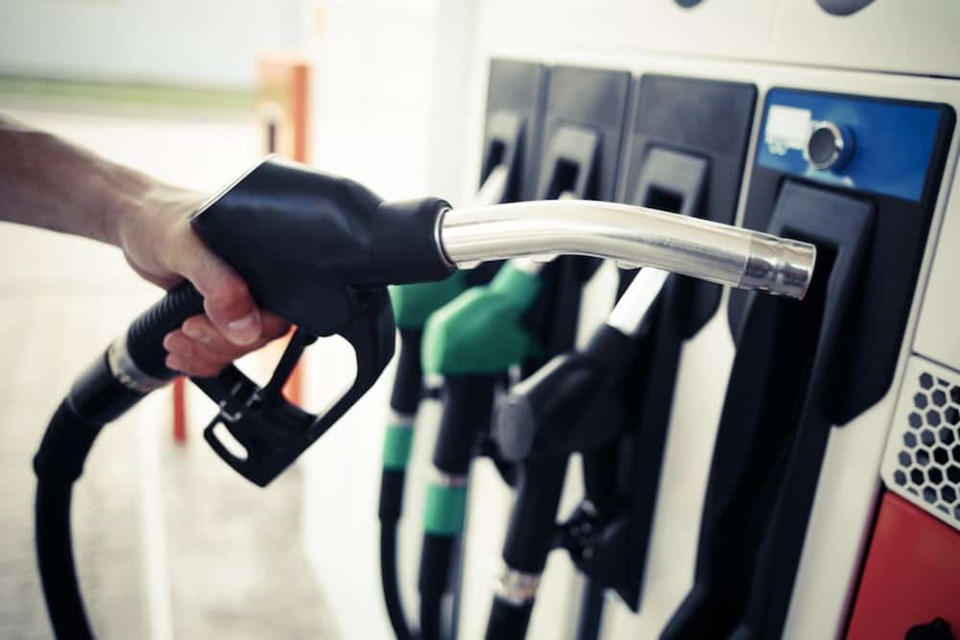The province has pledged to lift fuel restrictions as soon as possible now that the Trans Mountain pipeline has restarted.
Public Safety Minister Mike Farnworth, who had asked residents to limit their fuel purchases to 30 litres per visit to a gas station until at least Dec. 14, said the government is working with Trans Mountain and monitoring the situation as the pipeline is brought back to capacity. “If we can lift [the restriction] sooner, we will lift it sooner,” he said.
The order was put in place after Trans Mountain shut down the pipeline as a precaution as a series of storms tore through the province, causing extensive flooding, landslides and destruction of crucial infrastructure.
Trans Mountain restarted the pipeline on Sunday after an assessment and repairs. The work included construction of “protective earthworks” after flooding exposed sections of the 1,150-kilometre pipeline, which carries 300,000 barrels per day of petroleum products from Alberta to B.C.
Trans Mountain said the pipeline is operating at reduced pressure, but gasoline and crude-oil supply levels for customers are expected to return to normal within a week.
Trans Mountain estimates it will deliver just over 75 per cent of normal volumes to its customers through December.
On Monday, the company said it did a detailed investigation of the pipe’s integrity and geotechnical assessments of the surrounding landscape to ensure it was ready for the restart.
The company noted the capacity of the pipeline varies from day to day and week to week, depending on a number of factors, including the type of products being moved through it.
Simon Scott, director of corporate communications for Parkland, which operates a refinery in Burnaby, said the company is closely monitoring Trans Mountain’s restart and is ready to prepare the refinery to resume processing operations, which will take several days.
“Once we have sufficient, reliable supply of consistent quality crude feedstock, we can begin to resume processing operations,” he said.
As those preparations proceed, all other activities at the refinery remain operational, Scott said. “Our teams will continue to import fuels into the refinery, where they can be stored and distributed across the Lower Mainland and Vancouver Island.”
Parkland had maintained its refinery in standby mode in order to resume processing quickly.
The refinery can process about 55,000 barrels a day of crude and synthetic oil into gasoline, diesel, jet fuels, asphalts, heating fuels, heavy fuel oils, butanes, and propane
Farnworth urged B.C. residents to continue to limit non-essential travel and fuel consumption for the time being.
“While we are encouraged that Trans Mountain has announced they are resuming pipeline operations, this will not be an immediate fix,” he said. “It will take some time to resume normal operations.”



